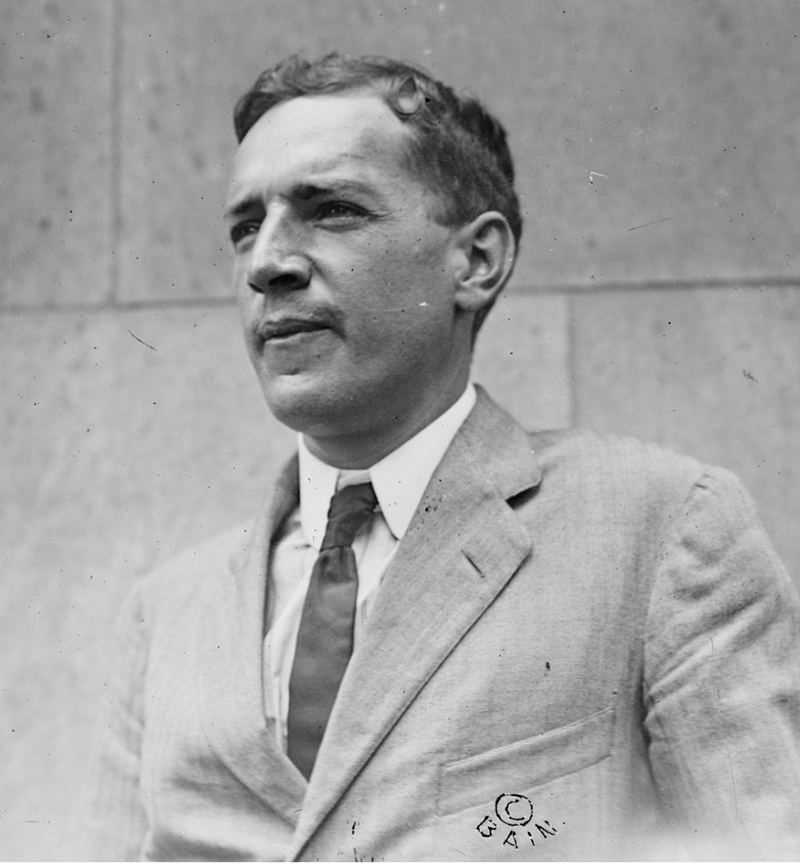A common misconception of the workings of memory is that once a memory exists it is immutable. In fact, memories are dynamic, changing over time; one remembers or forgets details with each retelling.
Neuroscientist Karim Nader believes that memories of significant events are especially susceptible to change precisely because the events remembered are so significant. These memories are retold and replayed often and every retelling and replay has the potential to alter them. Others sharing memories of the same events, whether in social interactions or via the media, introduce a phenomenon called memory conformity or social contagion of memory.
In these circumstances, points of disagreement may occur. This could be due to viewing events from a different physical location, a different social or political locus, a different level of access to the event(s), and more. These differences might include new details and possible inaccuracies that find their way into the memories of others. Researchers believe that confidence, perceived expertise, and the social cost of disagreeing with others are factors in memory conformity.
Blenda Wilson
View Item
Susan Resnik conducted this interview on June 12, 2013, as part of the CSUN Leaders Oral History Project. In it, Dr. Wilson discusses her tenure as president of California State University, Northridge from 1992 to 1999. In this clip, she describes how she found out about the 1994 Northridge Earthquake, her return to campus, and her first impressions of the damage.
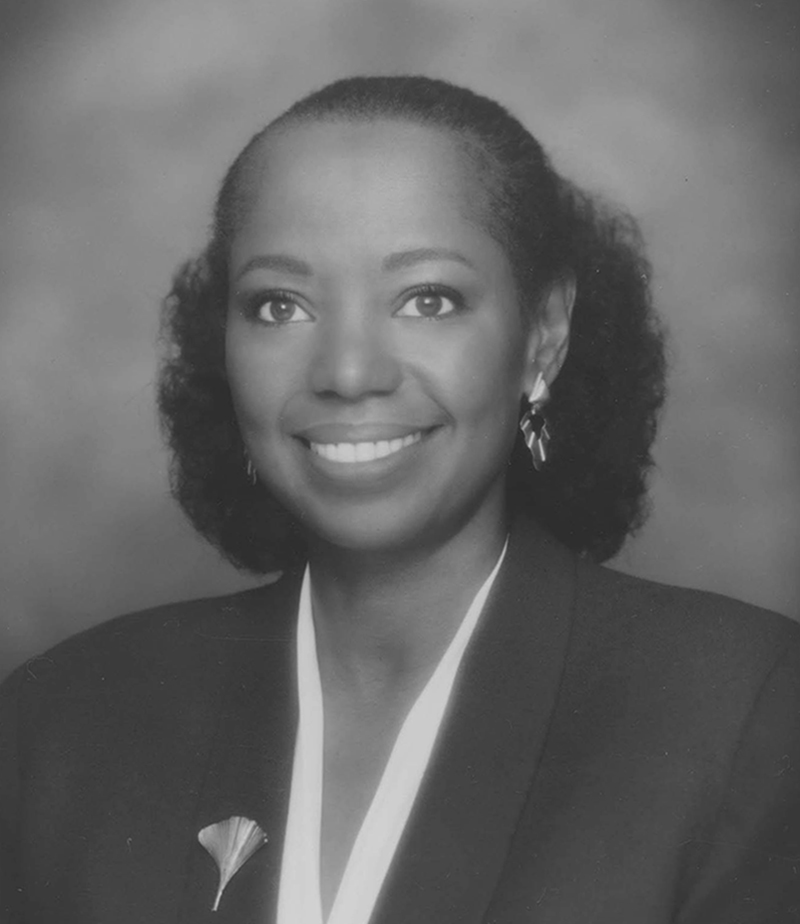
Pete Dragovich
View Item
As part of the International Longshoremen and Warehousemen Union (ILWU), Local 13 Oral History Project, Hector Rojas interviewed Pete Dragovich on November 25, 1983. The interview focuses on the history of the ILWU and Dragovich’s time as a longshoreman. In this clip, Dragovich remembers the 1934 West Coast Longshoremen’s Strike and the shooting death of 20-year old union member Dick Parker.
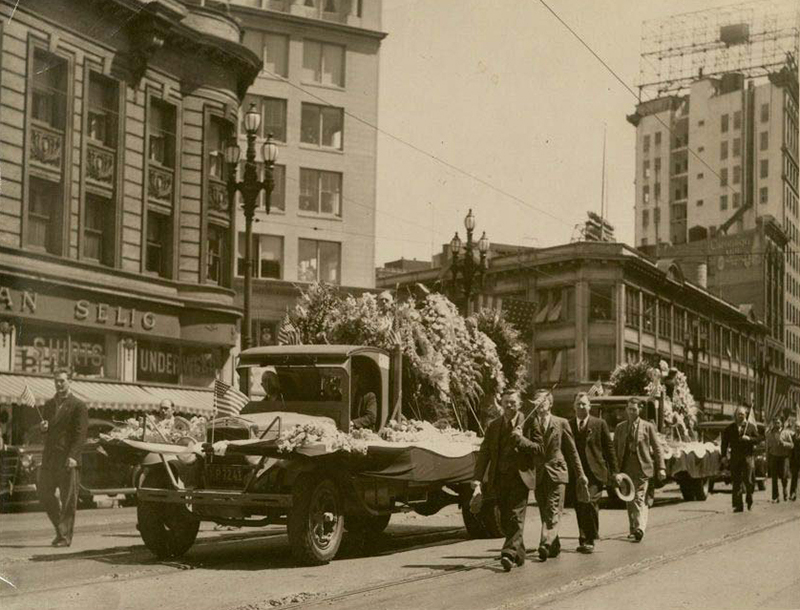
Louis Mervis
View Item
CSUN student Ana Mejia interviewed Louis Mervis as part of an upper-division English class assignment on September 14, 2001. The interviews she and her classmates completed are now the World War II Survivors Oral History Project. In the interview, Mervis discusses his military service during World War II. In this clip, he recounts his experiences landing on Omaha Beach, D-Day, June 6, 1944.
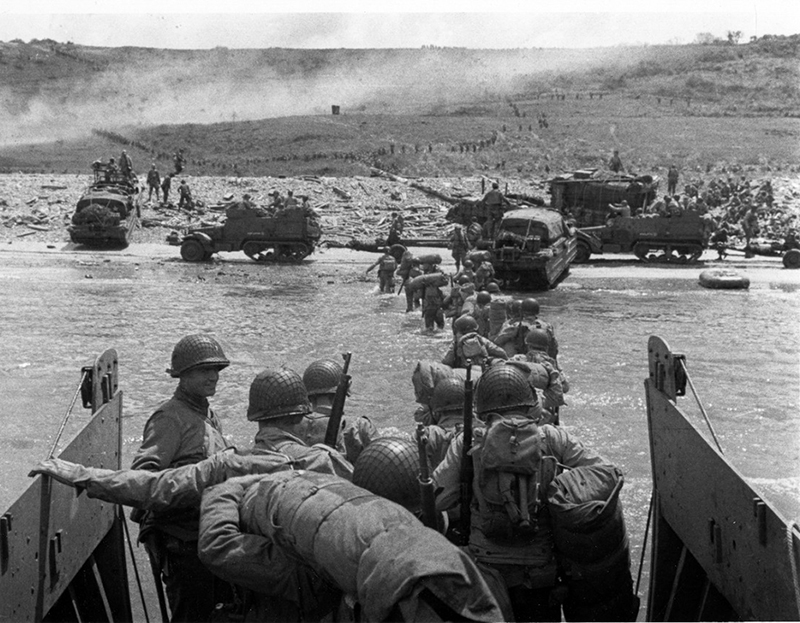
Adele Popper
View Item
A CSUN student named Janice interviewed Adele Popper as part of an upper-division English class assignment on September 14, 2001. The interviews she and her classmates completed are now the World War II Survivors Oral History Project. In this clip, Popper discusses her experiences as a civilian living and working in London during The Blitz from 1940-1941, especially two instances in which she narrowly escaped German bombs.
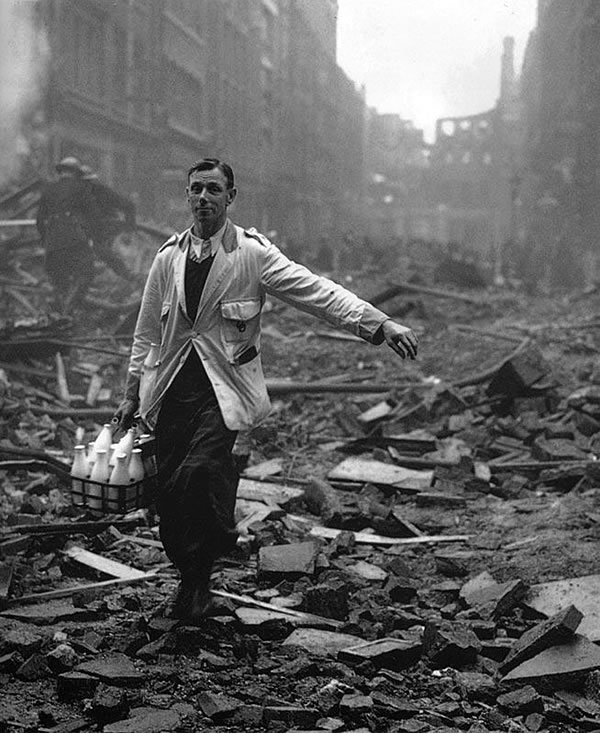
Helen Thomas
View Item
On November 22, 1987, Tom Reilly interviewed journalist Helen Thomas, whose career spanned from 1943-2013. The interview focuses on Thomas’ career in journalism, with a specific emphasis on her time as a White House correspondent from 1961-2013. Here, she recounts the assassination of US president John F. Kennedy and her role in its coverage by the United Press International (UPI).
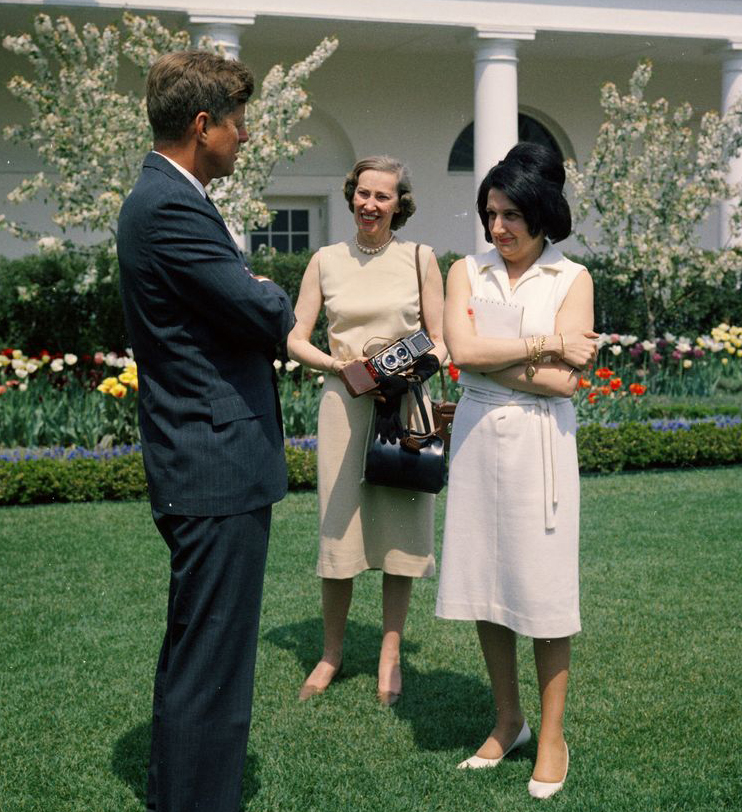
Upton Sinclair
View Item
Joe Toyoshima interviewed journalist, activist, and labor organizer Upton Sinclair in 1966. In the interview, now part of the Urban Archives General Oral History Collection, Sinclair discusses several events throughout his life, including his activism. Here he provides a brief narrative of the Ludlow Massacre of 1914, part of a labor dispute in the coalfields of Colorado, and his involvement in the ensuing protest and final resolution of the dispute.
